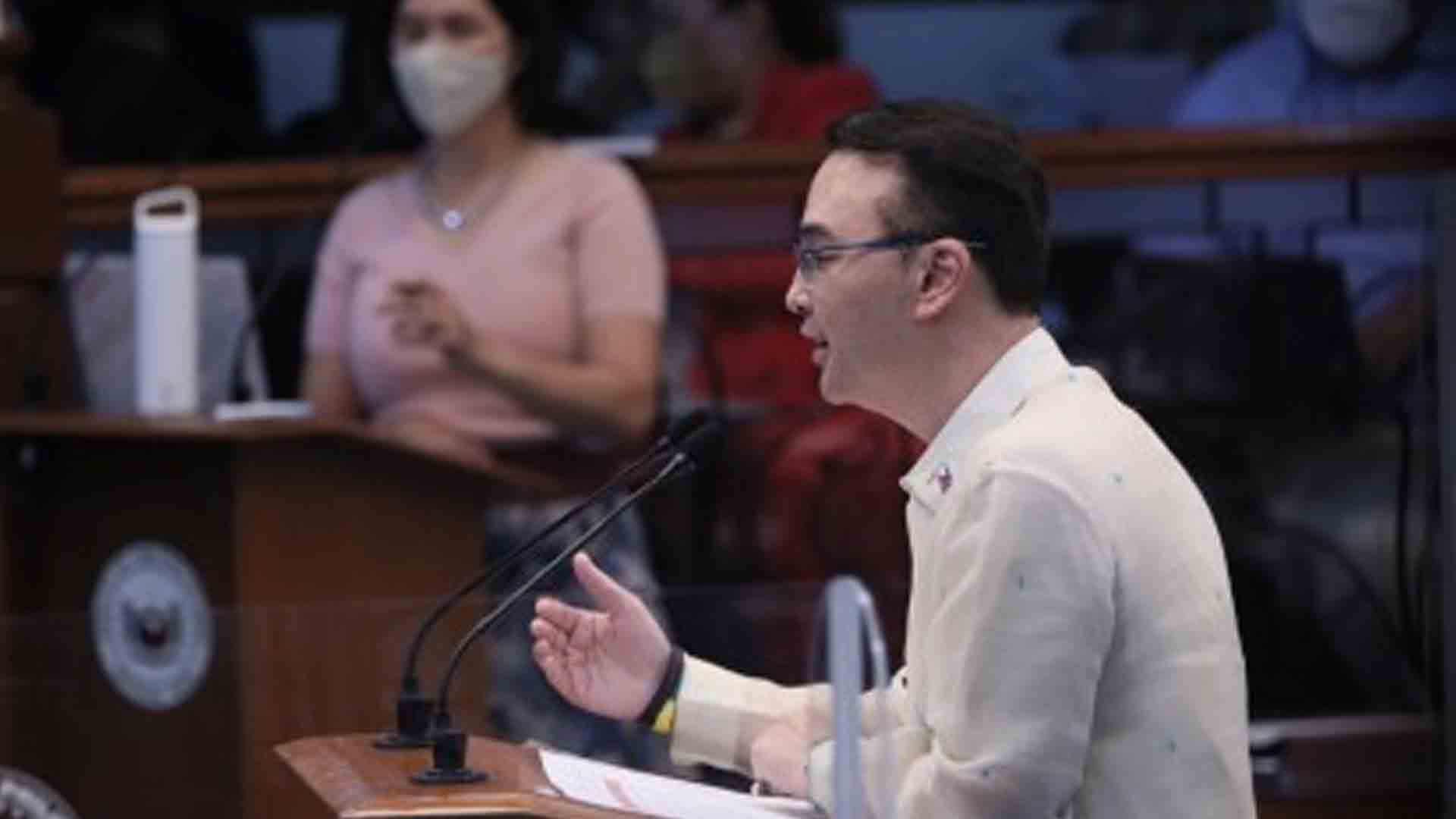Senator Alan Peter Cayetano on Tuesday stressed the need for pensioners to receive enough retirement benefits for them not just to survive but to be sustained in their old age.
“Our long term goal ay dumating po ang panahon na through SSS and GSIS, when someone retires, you can live sustainably with the amount they are giving,” Cayetano said in his opening statement as Chair of the Senate Committee on Government Corporation and Public Enterprises during its first organizational meeting today, August 30, 2022.
“Marami po sa mga retired, sa mga pensioners po natin, ay talagang marami na pong reklamo. Sa atin, natutuwa po talaga ang ating mga kababayan na may GSIS at SSS, may nakukuha sila. But the amount na nakukuha nila is not enough to survive,” he added.
Cayetano said that the average SSS pension received by senior citizens amounts to P4,984, which is inadequate to support the basic needs of senior citizens.
“The current poverty threshold for a family of five members is P12,000. Kitang-kita po natin na this is more of magic math than reality. Baka iyan po ay minimum of the minimum,” he said, referring to the pension amount for retirees.
Talking to the Governance Commission for Government-Owned and Controlled Corporations (GCG) Chairperson Retired Justice Alex Quiroz, Cayetano also raised the coverage problem of PhilHealth membership, citing its claim that 90 to 100 percent of the population are already covered by its health insurance.
“Integral ang role ng GOCCs in delivering goods and services to the public. N’ung Speaker ako, malaking issue ang corruption sa PhilHealth. Parating sinasabi ng PhilHealth na 90-100% ay member. Pero kahit saan po ako pumupunta, kapag nagpapataas ako ng kamay kung hindi sila miyembro, marami pa rin ang nagtataas ng kamay. Kung totoong lahat ng Pilipino ay may PhilHealth, bakit kailangan pa ng card sa ospital? Hindi ba dapat sinasabi na lang ang pangalan,” he said.
Cayetano referred to the 2018 Consumer Finance Survey that reflected this reality, with the study showing that 83.7 percent of the 18,000 households nationwide (except ARMM and Leyte province) have no insurance or pension plans.
He also lamented the fact that the Philippines ranks dismally in the retirement income system, with the country placing 41st out of 43 countries according to the 2021 Mercer CFA Institute Global Pension Index.
“Of course, we are living in a global community. Mayroon pong mga benchmark and rating systems such as the Mercer CFA Institute Global Pension Index. The good news is that they classified it into 3 sub-indexes – adequacy, integrity, and sustainability sub indexes. Mataas ang sustainability natin, nasa 19th tayo. Pero kapag binangga mo ang adequacy – kung magkano ang ibinibigay – sa sustainability, malayo,” he said.
He added, “Wala tayong sisisihin dito kundi tayo lahat. This is a systemic problem over generations, over decades. Malaki na ang inimprove ng SSS overtime. Meron pa tayong military personnel na in limbo ang kanilang pension. So I’d like for us, as a starting point, na maging aspirational tayo.”
Cayetano further highlighted the SSS’ need to lay the groundwork and keep in mind the report of the United Nations concerning the slow pace of aging in the Philippine population that will eventually impact the social security arrangements and its sustainability.
In 2021, the SSS had registered earnings of P28 billion, with contributions and investment income exceeding benefit payments and operating expenses. SSS’ fund life is estimated to last until 2054.
Cayetano commended Quiroz for his assurance of full cooperation and partnership regarding GOCC performance, even in compelling them to submit documents or be under inspection.
Source: http://www.senate.gov.ph








